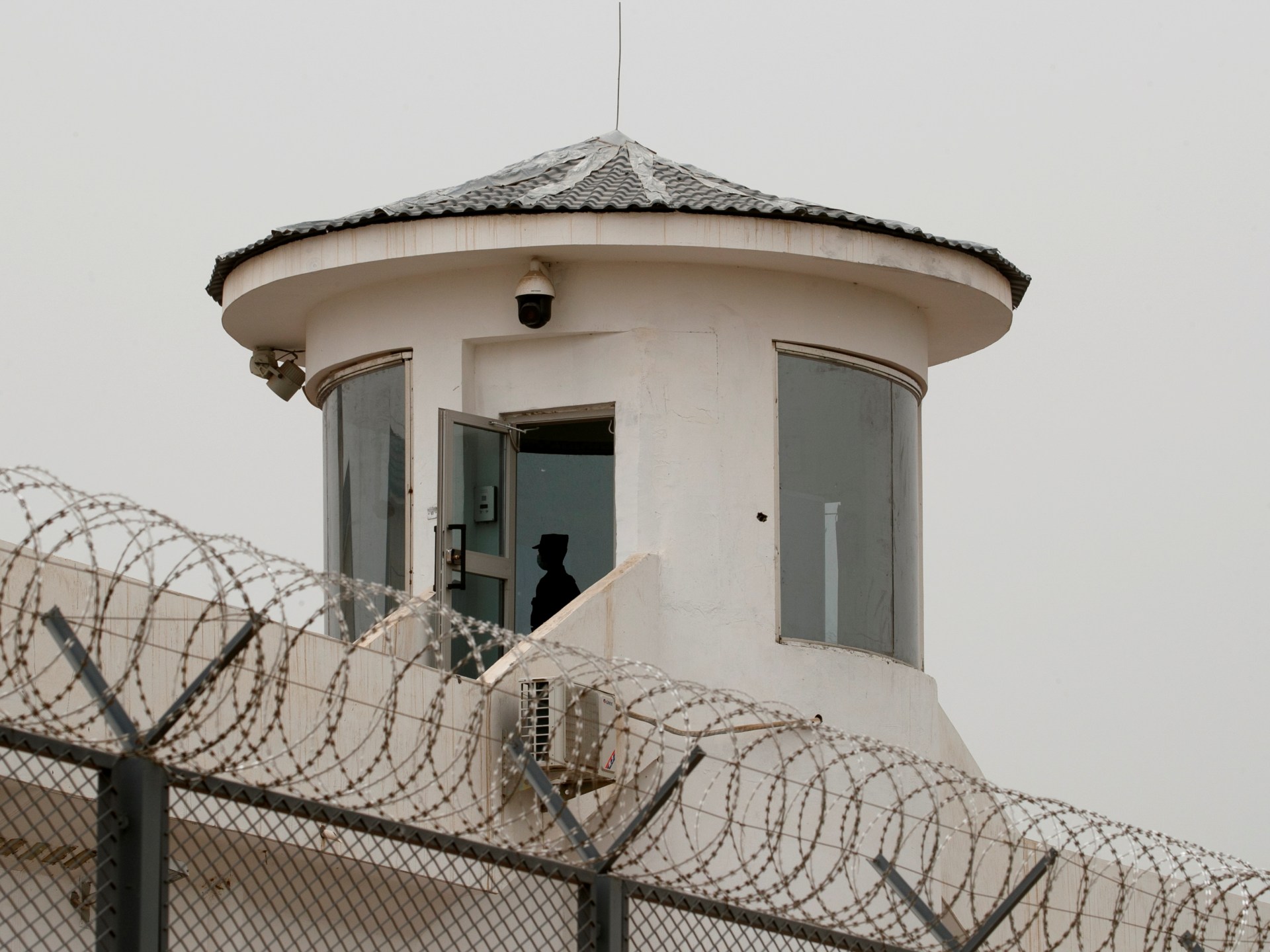China flags Uighurs as ‘extremist’ for having Quran, report says | Human Rights News
Taipei, Taiwan – Chinese authorities monitor the phones of ethnic minority Uighurs for the presence of 50,000 known multimedia files that are used to flag violent extremism, with possession of the Quran enough to trigger a police interrogation, according to a forensic investigation by Human Rights Watch (HRW).
While the list of “violent and terrorist” content includes violent audio, video and images produced by militant groups such as ISIS (ISIL), it also includes material from organisations that promote the identity or self-determination of Uighurs, a mostly Muslim minority, in far-western Xinjiang.
The organisations include the separatist East Turkestan independence movement, the World Uyghur Congress exile group and the United States government-funded news outlet Radio Free Asia.
The files also include information about the 1989 Tiananmen Square massacre, which is heavily censored in China.
Some content flagged for review, however, is non-political, including a Chinese travel show filed in Syria called “On the Road”, readings from the Quran and Islamic songs, according to a metadata analysis of the list by the rights group.
“The Chinese government outrageously yet dangerously conflates Islam with violent extremism to justify its abhorrent abuses against Turkic Muslims in Xinjiang,” said Maya Wang, acting China director at HRW.
“The UN Human Rights Council should take long overdue action by investigating Chinese government abuses in Xinjiang and beyond.”
The master list analysed by HRW is part of a wider 52GB trove of documents from a Xinjiang police database that was leaked to the Intercept, a US-based media outlet, in 2019, but not made public until now.
Chinese police in the Xinjiang capital Urumqi have required residents to download an app called Jingwang Weishi, which gives authorities the ability to monitor the contents of their mobile phones. Visitors to Xinjiang can also be required to download a similar app called Fengcai.
While police officially monitor for “extremist” material, HRW said an analysis of the police database suggests that, in many cases, ethnic Muslims are flagged as supporters of violent extremism for simply practising or showing interest in their religion.
An analysis of 1,000 files flagged by police in 11.2 million searches of more than 1 million phones between 2017 and 2018 showed that 57 percent of the content identified as problematic was ordinary religious material, HRW said.
Just 9 percent of the flagged files contained violent content and 4 percent contained content calling for violence, according to the rights group.
A leaked list of 2,000 detainees at a re-education facility in Aksu prefecture in 2018 showed that 10 percent had been detained for downloading “violent and terrorist” multimedia or having a connection to someone who downloaded it, HRW said.
Uighur and other Turkic Muslims are subject to heavy surveillance as part of the Chinese Communist Party’s efforts to eliminate cultural, linguistic and religious differences from the country’s majority Han culture.
Rights groups estimate that more than 1 million people have been detained in re-education camps – referred to as “vocational training centres” by authorities – in recent years under the campaign, which was launched after a series of bombings and knife attacks in Xinjiang in the 2000s.
After launching the “Strike Hard Campaign against Violent Terrorism” in 2014, Beijing escalated its efforts to include mass surveillance through biometric data collection, policing apps and facial recognition technology.
Beijing has denied committing human rights abuses in Xinjiang and defended its re-education centres as important tools to combat violent extremism and alleviate poverty.




